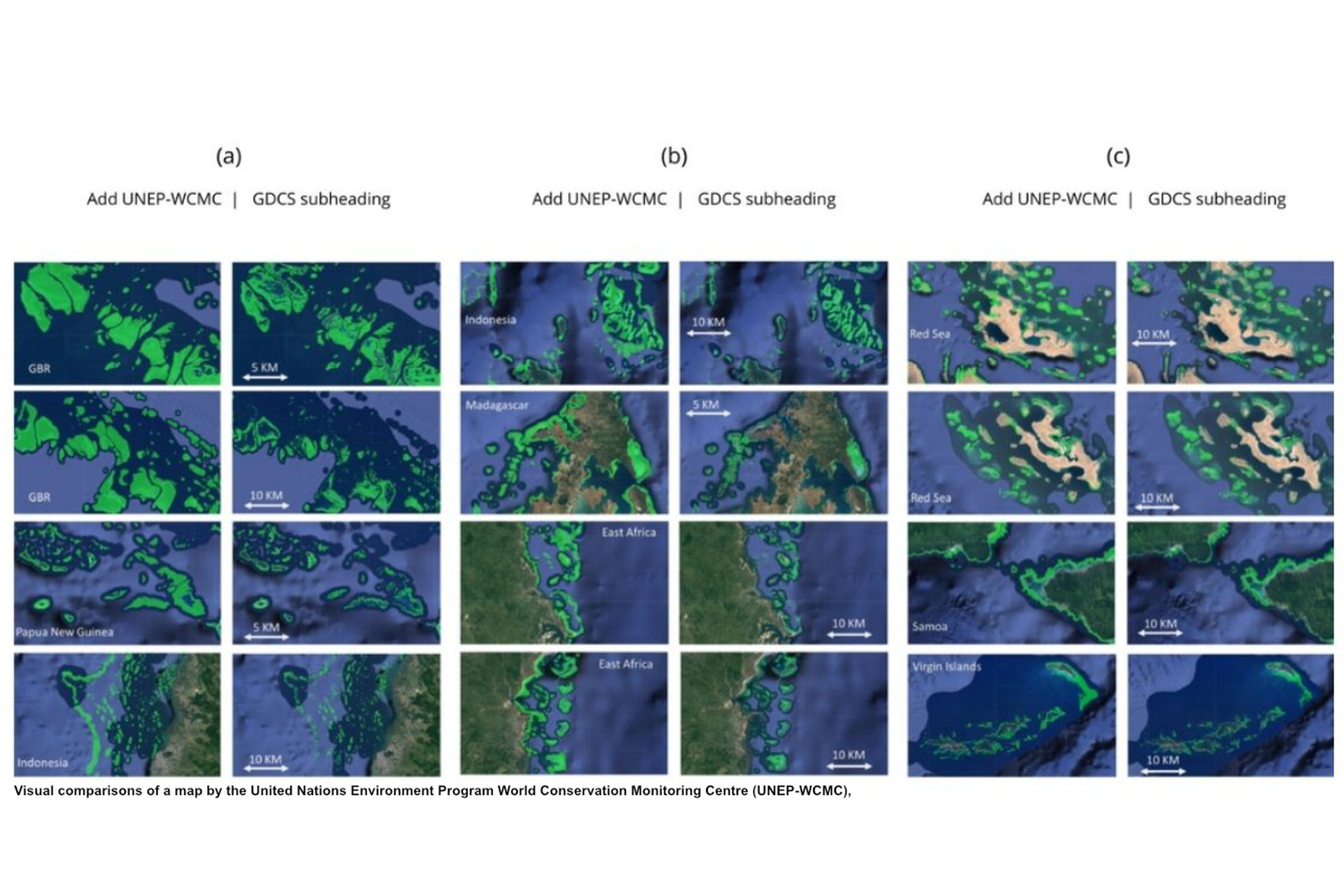Scientists Create New Map of the World’s Coral Reefs

A team of marine experts in Australia has employed satellite technology and advanced machine learning techniques to produce updated maps of the world's coral reefs. Their findings reveal a greater abundance of coral reefs than previously known, particularly in regions such as Indonesia, Australia, and the Philippines. Through the examination of over 100 trillion pixels of data, the team has generated high-resolution maps providing new insights into reef distribution. This initiative, known as the Allen Coral Atlas, has identified approximately 348,000 square kilometers of shallow coral reefs worldwide, extending to depths of up to 30 meters. This represents a significant increase from previous estimates and underscores the importance of ongoing efforts to understand and protect these vital marine ecosystems.
The study is anticipated to provide policymakers,
scientists, and environmentalists with enhanced understanding and management
capabilities for coral reef systems. Coral reefs confront various threats,
including climate change, overfishing, and pollution. Australia's Great Barrier
Reef, notable for being the sole living entity visible from space, suffers from
industrialization and predation by coral-eating crown-of-thorns starfish.
Mitchell Lyons from the University of Queensland's School of the Environment
notes that while Australia had a relatively clear understanding of its reef
locations, other regions like the southwest Pacific, Indonesia, and the
Philippines lacked consistent mapping. The comprehensive global maps generated
by the study offer a valuable tool for reporting, accounting, and conservation
efforts worldwide.
The maps created by the study are accessible to
the public via the Allen Coral Atlas and Google Earth Engine platforms. Funding
for the project is provided by a company established by Microsoft co-founder
Paul Allen, managed by Arizona State University in collaboration with
conservation organizations and the University of Queensland. Published in the
journal Cell Reports Sustainability, the study emphasizes the critical role of
coral reefs, which harbor a quarter of all marine life and support the well-being
and livelihoods of approximately one billion people globally. To learn
more, head to Phil Mercer’s article in VOA News https://www.voanews.com/a/scientists-create-new-map-of-the-world-s-coral-reefs/7488491.html